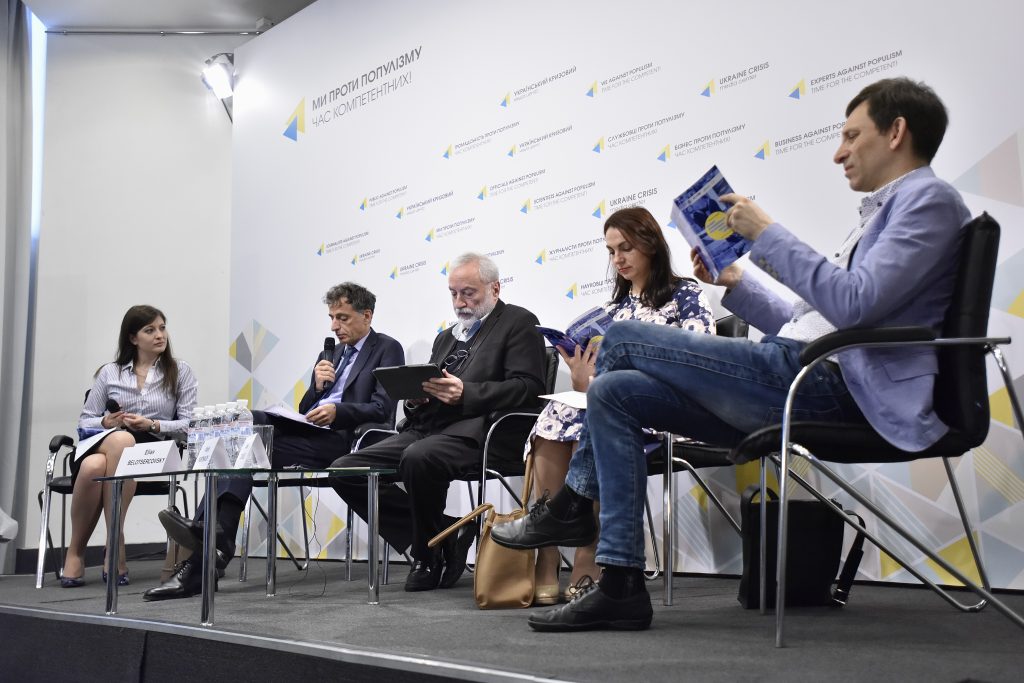UCMC presents an abstract of a discussion on Ukraine’s relations with Israel based on the presentation “Audit of foreign policy: Ukraine-Israel”:
- Ukraine and Israel are similar concerning their civilizational choice and the struggle for existence. Here is where similarities between the two countries end. The countries are in different geopolitical coordinate systems, Israel has no Ukrainian diaspora in the true sense (those Jews who left the Soviet Union, went there as repatriates, not as Ukrainian community), and the war of Russia against Ukraine is perceived from a completely different angle.
- The key security challenge for Tel Aviv is certainly not Russia. However, Israel sees the annexation of Crimea and the war in Donbas as a precedent: the Budapest memorandum did not guarantee the promised Ukraine’s territorial integrity, and therefore, Israel should not agree to similar proposals of security guarantees made by the international community.
- Israel has long been fighting for their independence, and we have just started. We are trying to break free from various empires: “our” empire has been shaping our identity space for 400 years and today we see the consequences.
- The main thing that Ukraine should learn from Israel is national egoism. For both countries the national state is a value that returned from the distant past. But its survival involves national egoism, pragmatic defense of their interests.
- The Israelis are very pragmatic people, they solve their problems, they have a concept of foreign policy, and they have developed ways to deal with the black propaganda that surrounds them.
- That is the reason why our difficult relationships within the UN should not define our relationships in general. We, as the two countries fighting for survival, should primarily defend our own interests. There is nothing terrible in it.
- The past three years after the Revolution of Dignity have witnessed the outbreak of human as well as business and political contacts between Ukraine and Israel. Last year 150,000 Israelis visited Ukraine and 165,000 Ukrainians visited Israel. It is human relationships that are the basis for bilateral relationships and strengthening political contacts. Diplomats associate this process with the value choice in favor of Europe made by Ukraine.
- Against the background of recovery, including one in business, Ukraine is actively negotiating on signing the Free Trade Agreement with Israel. This will ensure not only value, but also economic integration.
- Israel persists in its unwillingness to put the Holodomor on a par with the Holocaust, explaining that they are completely different and incomparable historical tragedies. Only recently the Knesset has registered the draft document on recognition of the Holodomor as genocide against Ukrainians. However, it has been excluded from consideration. As to Ukraine, it insists that these tragedies as well as genocide against Armenians are similar in their essences: people were exterminated on a national basis. The history of mankind witnessed extermination of people based on religious beliefs. People could change their religion and thus save their lives. Ukrainians had no choice.
- It is important to avoid any pressure in such a sensitive issue. Instead, we should share information, expand cultural relations and communicate the Ukrainian position to the Israeli media contrary to the Russian one, which is very popular there.




